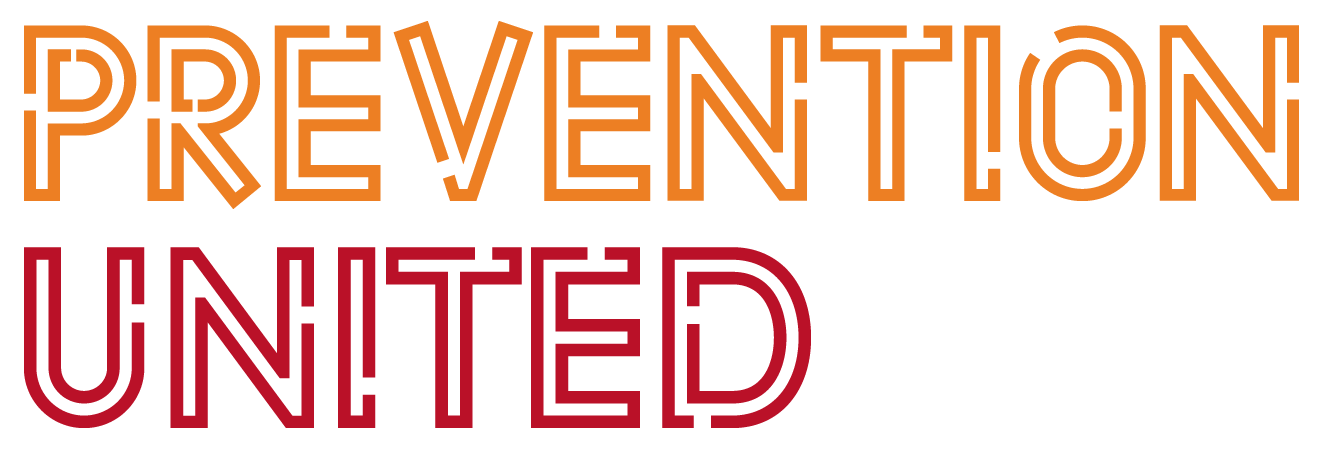Evidence summaries for mental health promotion and prevention
Prevention United has been commissioned by the Wellbeing Promotion Office (Victorian Department of Health) to produce bi-monthly evidence summaries of “what works” to promote mental wellbeing and prevent mental ill-health.
These summaries are designed to assist people working on the promotion of mental wellbeing, the prevention of mental health conditions, or the building of mental health literacy. They provide a snapshot of selected peer-reviewed journal articles and grey literature that have been published in the last 3 months to help workers stay up-to-date with important new research.
Evidence summary #7 (June 2025) – Heritability and medicalisation of mental health conditions
Heritabiltity refers to how much of the variation in a population’s health outcomes can be linked to genetic factors. While the heritability of mental health conditions is well-studied, the role of genetics is often overestimated, mistaking complex gene-environment interactions for inheritance. This misconception may be shaped by cultural beliefs, family patterns, and the tendency to favour genetic explanations. This evidence summary explores articles and data releases that consider how biology and environment shape mental health, how public beliefs affect stigma, and how these factors may be contributing to an overreliance on medication.
Evidence summary #6 (April 2025) – Promoting wellbeing in intimate relationships
While the relationships we have with our partners can contribute significantly to our mental wellbeing, they can also be the source of great stress in our lives. This evidence summary explores the latest research and theory on couple relationship education (CRE), which focuses on teaching skills and principles to help couples form and sustain healthy intimate relationships. In particular, it considers the current state of evidence for CRE, the impact of relationship education on couple flourishing, and the relationship between stress and the quality of our intimate relationships.
Evidence summary #5 (March 2025) – Workplace mental wellbeing
With most adults spending a significant portion of their lives at work, the workplace is the ideal setting for promoting mental health and wellbeing. This evidence summary considers the role of executives and decision makers in creating a mentally healthy workplace and how their own wellbeing can be supported, the impact of worker wellbeing sensing technologies which are increasingly being used within organisations, and the critical factors in implementing workplace wellbeing initiatives well.
Evidence summary #4 (December 2024) – Loneliness
This evidence summary provides a snapshot of current science and grey literature on loneliness. Loneliness being the aversive, subjective feeling of social disconnection, arising from a dissatisfaction with the state of one’s relationships and connections. For instance a person may feel lonely despite being in frequent contact with others, particularly if they perceive their relationships as lacking depth and meaning.
Evidence summary #3 (September 2024) – School-based mental health promotion and prevention
This edition highlights the evidence for school-based mental health promotion activities according to high-level scientific literature (systematic reviews and meta-analyses) and an advocacy piece from the Wellbeing and Prevention Coalition in Mental Health.
Evidence summary #2 (July 2024) – Physical activity
Given it is Olympics time, we thought we would focus on the evidence for physical activity in the promotion of mental wellbeing and prevention of mental health conditions. Also includes annual reporting on the state of Australia’s mental health system from the National Mental Health Commission and a review of the Five Vitamins proposed by Corey Keyes in his new book “Languishing.”
Evidence summary #1 (May 2024) – Childhood adversity and child maltreatment
This first edition takes a deep dive into childhood adversity and child maltreatment as risk factors for mental ill-health, summarises several articles from a special issue of Mental Health & Prevention, looks at the latest income inequality data, and fact-checks the new book by Jonathan Haidt – “The Anxious Generation”.



